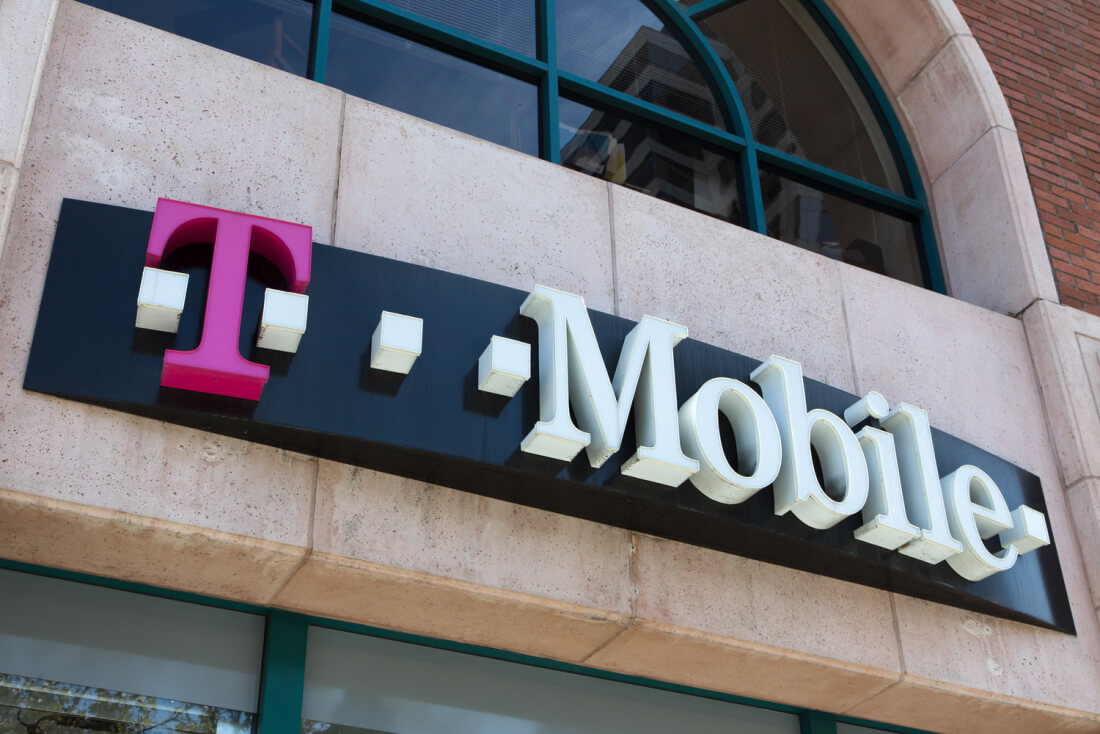T-Mobile has made a couple of network-related announcements today meant to bolster its LTE speeds while we wait for true 5G a few more years down the road. The first of these is that the company is rolling out support for LTE-U, or LTE-Unlicensed, in select locations in Bellevue, WA; Brooklyn, NY; Dearborn, MI; Las Vegas, NV; Richardson, TX; and Simi Valley, CA — with more to come later in 2017.
LTE-U is part of the LTE Advanced standard, which takes advantage of unused frequency from the 5 GHz band of spectrum typically used by Wi-Fi routers. The technology combines with carrier-licensed spectrum to seamlessly increase throughput using carrier aggregation.
There’s no need to turn on or download anything but there is one important caveat: for now, only the Samsung Galaxy S8 is able to take advantage of LTE-U.
The FCC just cleared the way for LTE in unlicensed spectrum back in February so this is the first time the technology is being made available to consumers. In addition, T-Mobile also claims it’s completed nation’s first mobile broadband data session live in the field using License Assisted Access (LAA) on its commercial network, in which it saw blazing 741 Mbps download speeds using 80 MHz of aggregated spectrum.
LTE-LAA is a next generation version of LTE-U that also utilizes the 5 GHz band but can achieve greater speeds. This technology is further away from commercial deployments but T-Mobile says it plans to “densify its network with small cells which include LAA functionality starting later this year”.
AT&T is also pushing ahead with the use of unlicensed spectrum at 5 GHz. The company teamed up with Ericsson to conduct its own live LTE-LAA field tests, reaching initial wireless speeds of more than 650Mbps in downtown San Francisco. Previously, it had tested LTE-LAA at the Mobile World Congress in Barcelona earlier this year, reaching download speeds of up to 1Gbps by using LTE-LAA in tandem with CA, 4×4 multiple-input, multiple-output (4×4 MIMO) and 256 QAM functionality.
Image credit: Digital Trends
